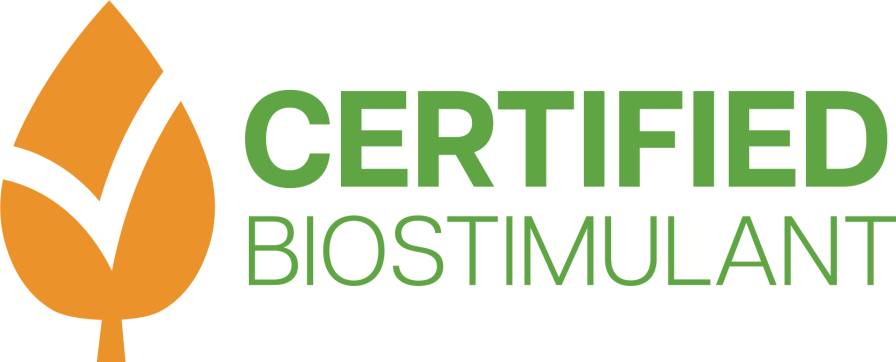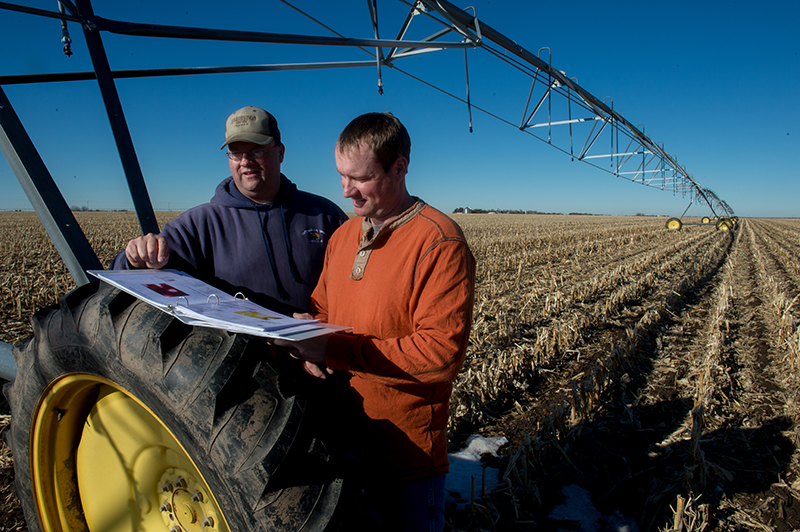Monsanto Previews Current, Future Pipeline Offerings
Even after the company launched dicamba-tolerant crops to the agricultural marketplace in 2017, Monsanto is gearing up for a busier 2018 and the years ahead. During a recent conference call with the media, Dr. Robb Fraley, Chief Technology Officer, said that 2018 will mark the fifth consecutive year that Monsanto has seen more than 20 advancements to products in its research and development pipeline.
“As always, we are introducing these latest innovations to support farmers as they work to meet food security needs,” said Fraley.
First up, for corn, Monsanto is launching during the spring of 2018 Trecepta corn. A third-generation aboveground insect control product, Trecepta can provide protection against such pests as corn earworm, fall armyworm, corn borers, and black and Western cutworms. “In addition to Trecepta, we are advancing to Phase 4 our third-generation belowground insect control called SmartStax Pro,” said Fraley. “This uses three modes of action, including a novel RNAI to manage resistance, for corn rootworm control.”
Also moving into Phase 4, Monsanto is working on a third-generation weed control system for corn which will provide tolerance to multiple herbicides. This includes glyphosate, dicamba, and glufosinate “to increase the choices farmers have to protect their crops against weed damage,” said Fraley. He added that Monsanto is also starting work on other new weed control systems that have tolerance up to many different herbicides, including a new PPO product in development by company partner Sumitomo.
Soybeans, Cotton
In soybeans, Monsanto has a pair of new products now entering the Phase 4 stage of development. The first is Intacta 2 Xtend, a second-generation insect control that features multiple modes of action. “Intacta 2 Xtend soybeans have improved durability for podworm complex and expand the insect spectrum to include armyworms,” said Fraley. “Right now, Monsanto plans for the commercial launch of this product in 2021.”
The second product for the soybean market is XtendFlex. Now in Phase 4 testing, this third-generation weed control system offers tolerances to three different herbicides including glyphosate, dicamba, and glufosinate. A fifth-generation weed control system for soybeans featuring tolerance to Sumitomo’s PPO herbicide is also just now entering Phase 1 development, he added.
For the cotton market, Monsanto has an as yet unnamed cropping system that offers what Fraley terms “the first-ever biotech solution for the control of piercing and sucking insects such as lygus and thrips. “Monsanto believes this cotton will improve yields and reduce insecticide use on more than 10 million acres in both the U.S. and Australia,” he said.
When it comes to seed-applied technologies, Monsanto has two in the offing. First up will be NemaStrike, which offers nematode control across corn, soybeans, cotton, and other crops. This is advancing to the launch stage, said Fraley. Then there is Acceleron B-360 ST, a microbial treatment for corn root development. “This is advancing to Phase 4 development, with a target market launch date by 2020,” he said.
Update (April 4, 2018): The U.S. EPA has approved an agricultural biological seed treatment product designed to promote symbiosis between microbes and corn plants to strengthen root systems and increase plants’ access to nutrients. The BioAg Alliance — a collaboration between Novozymes and Monsanto Co. — has referred to the project in the past as the Corn BioYield 2 project and Acceleron B-360 ST. Acceleron B-360 ST will be used in combination with Acceleron B-300 SAT, which was introduced in 2017 and used by U.S. farmers on more than 4 million corn acres in its first year. Acceleron B-360 ST is scheduled to enter the U.S. and Canadian markets in 2019, as well as select European and Middle East countries pending regulatory approval.
Biological seed treatments such as Acceleron B-300 SAT and Acceleron B-360 ST help plants build healthy root systems, which enable more efficient uptake of nutrients into the plant. The increase in nutrient uptake results in a decrease in the release of those nutrients into the environment, either via runoff into water supplies or into the air. The increases in plant biomass can help to sequester carbon into the soil, particularly in microbes that promote root development. The result is pulling carbon dioxide out of the air and storing it in the soil.
A bit further down the road, Fraley ended his talk discussing Monsanto’s efforts in the field of precision genome-editing research. This involves both gene modification and gene insertions. “Genome-editing offers new benefits for agriculture,” he said. “It could unlock many opportunities in plant breeding, including reducing development costs, opening up new markets, and improving disease and stress tolerances in plant growth and development.”






